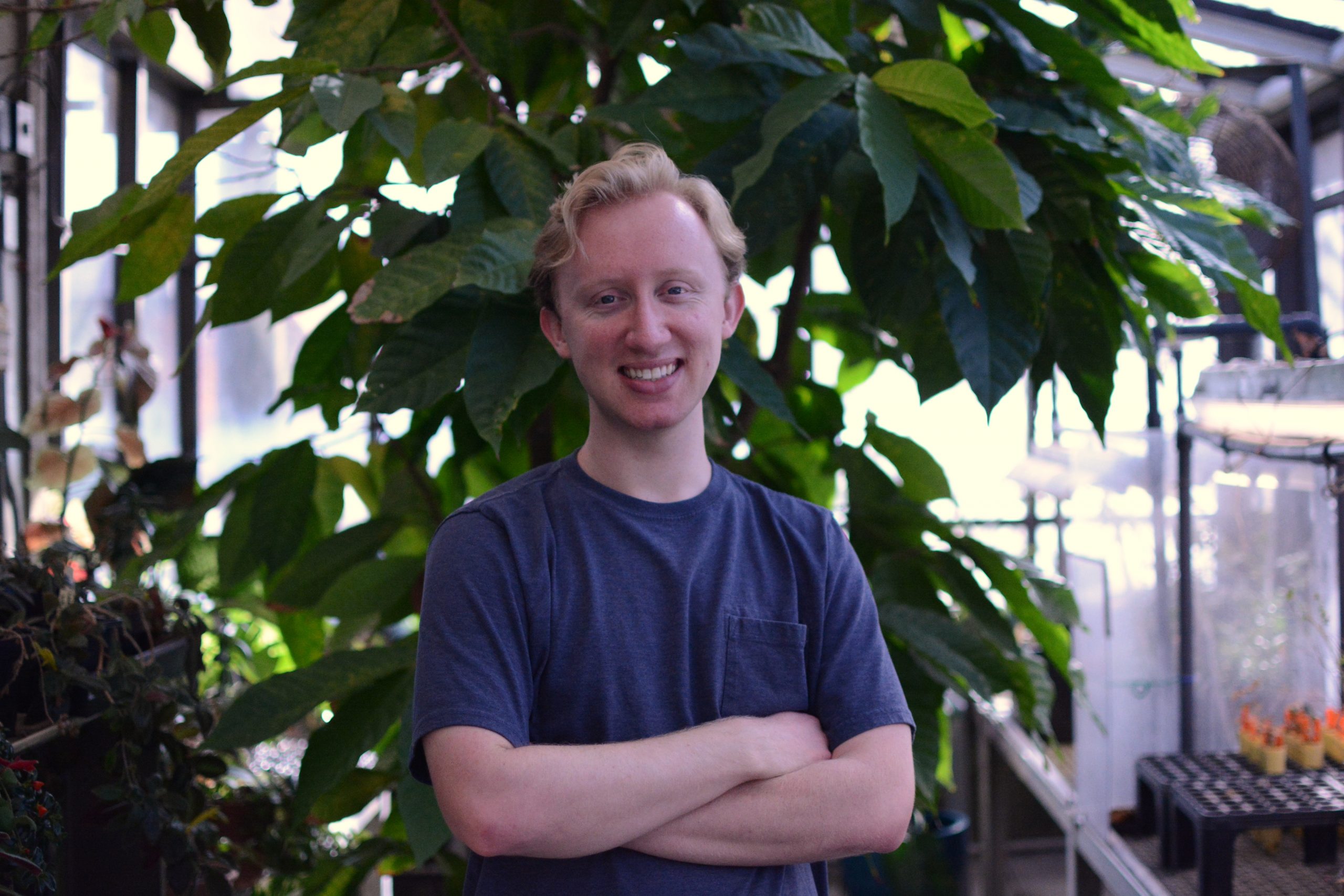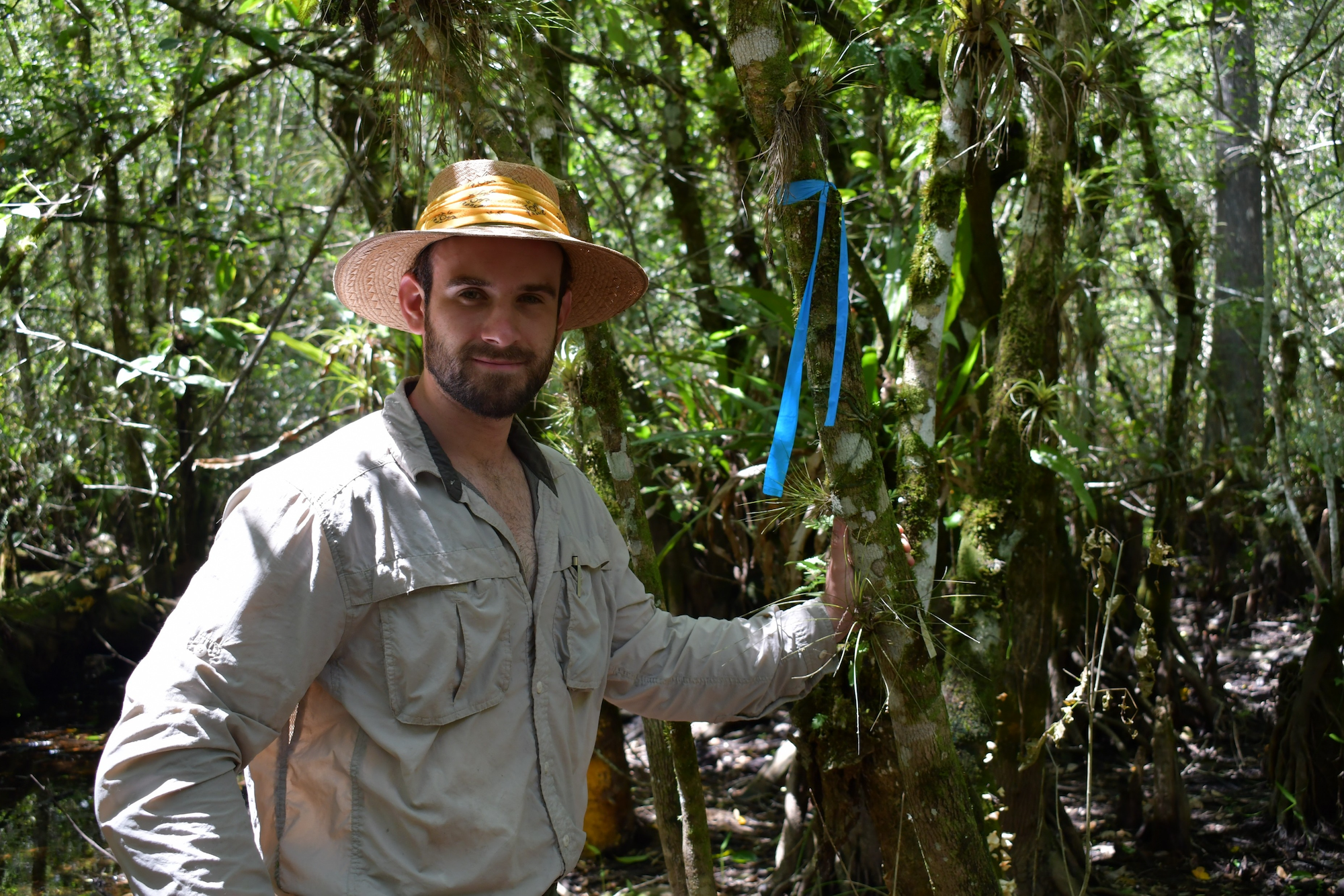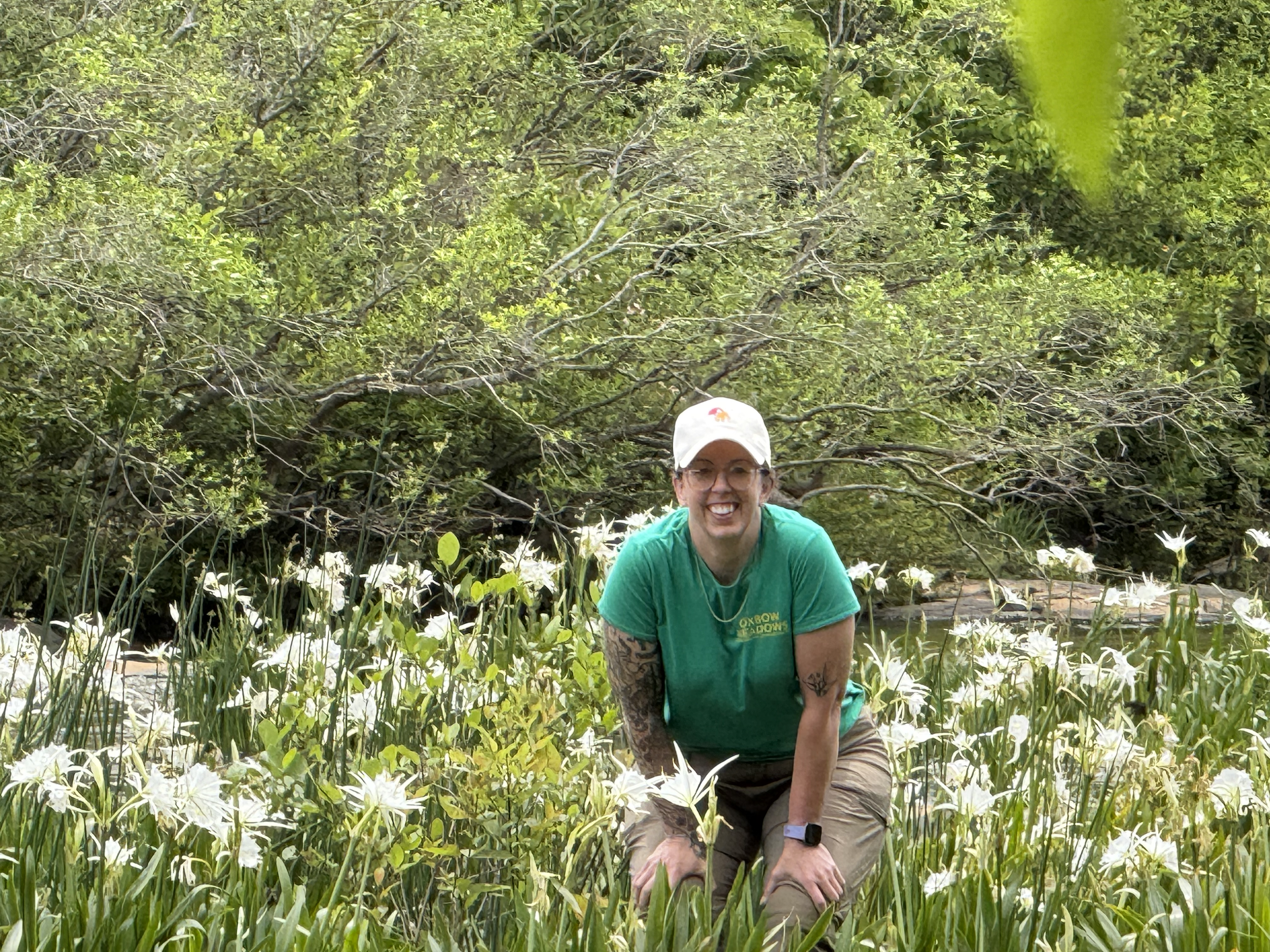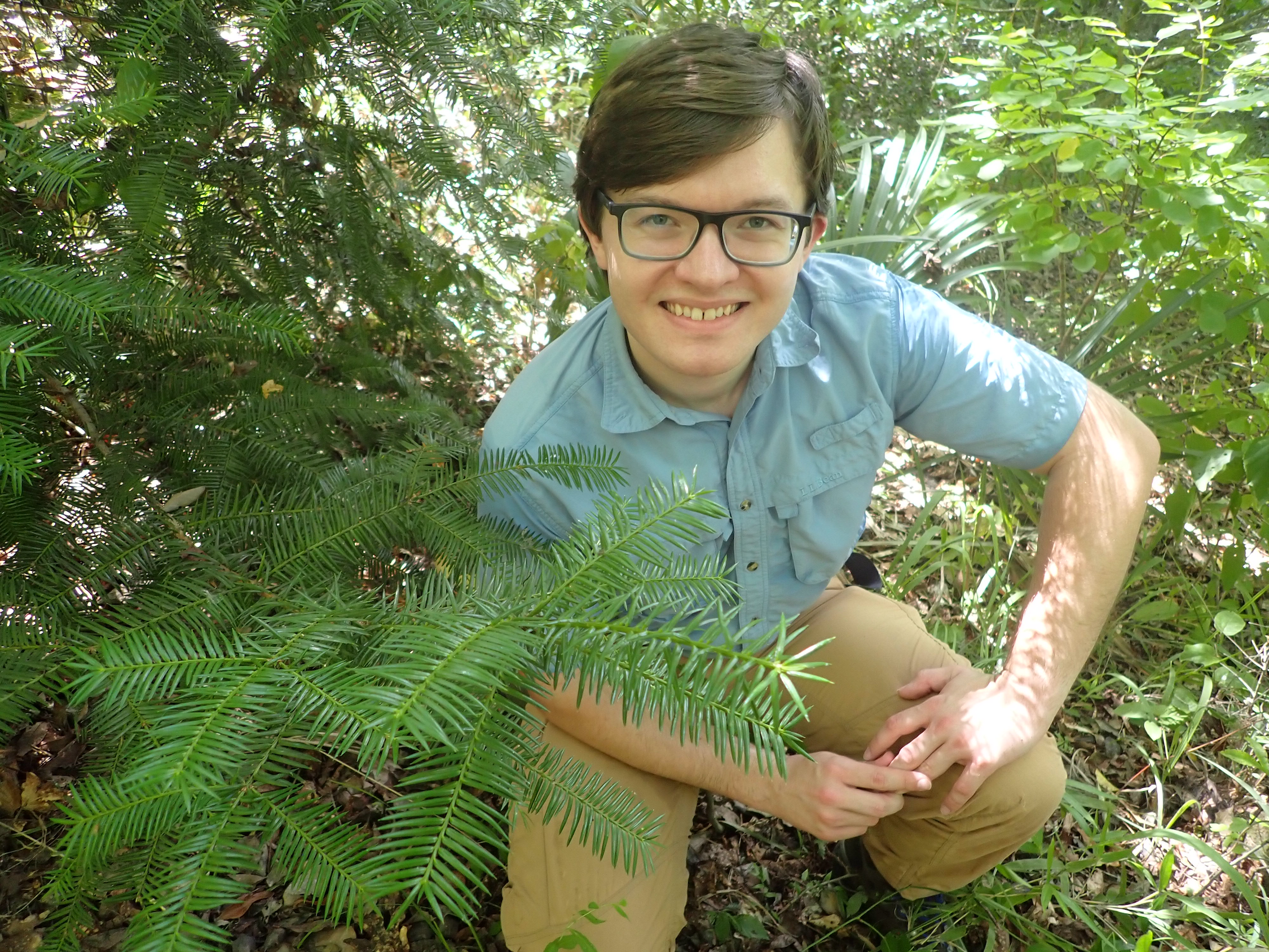Meet the 2025 Catherine H. Beattie Fellows
Each year, The Garden Club of America (GCA) and the Center for Plant Conservation together award the Catherine H. Beattie Fellowship to graduate students in biology, horticulture, or a related field. The purpose of the award is “to promote conservation of rare and endangered flora in the United States, with preference given to students whose projects focus on the endangered flora of the Carolinas and southeastern United States.”
These four selected scholars are recipients of the 2025 Catherine H. BeattieFellowship — and we are excited to share more about their innovative conservation projects!

Ryan Brooks, University of Cincinnati
Project: “Assessing the Epigenetic Fidelity of Cryopreserved Oak Tissues”
This project aims to better understand the epigenetic impacts cryopreservation and tissue culture have on tissues of endangered oak species. Samples from all study species will be initiated into both tissue culture and somatic embryogenesis (which are necessary preparatory steps for cryopreservation) providing the opportunity for a direct comparison of mutation rates between the two procedures. Whole genome bisulfite sequencing will be used on samples taken at multiple points in the processes in order to determine which regions of the epigenome are changing and the severity of these changes. These results will be used to inform future diversity banking efforts and to ensure the fidelity of tissues banked in the CREW CryoBioBank.
Adam Herdman, University of Florida
Project: “Regional Scale Population Genetics of the Endangered Ghost Orchid (Dendrophylax lindenii): Sequencing of wild Populations Across Southwest Florida “
Conservation of species in decline is often a rush to gather as much information as possible before total extirpation from historic ranges. Data gathered in the remnant populations can be critical to future management and restoration of the species. Though submitted for further protection under the Endangered Species Act, many gaps in our understanding of the ghost orchid still exist. One such gap includes the population genetics of the species and the relatedness between the highly fragmented and remote populations. Successful reproduction has not been observed within reintroduced ghost orchid populations, despite annual monitoring, suggesting inbreeding may be a factor. In this study, we will sample 138 ghost orchid roots from around the Southwest Florida region. We will sample two robust populations for internal genetic similarity, one reintroduced population, and five other more remote sites of varying sizes and distances. Pairing this information with existing demographic data will help to characterize the past and present status of the populations.


Sarah Tash, Auburn University
Project: “Assessing the Influence of Drought Duration on Seed Germination of the Endangered Spider Shoal Lily (Hymenocallis coronaria): A Controlled Study”
This project will focus on the effect of drought on seed germination and root establishment of the endemic endangered spider shoal lily (Hymenocallis coronaria). This will be conducted through a controlled study, utilizing elevation in a replicated riverbed environment to test if new seedling exposure to drought during germination alters root biomass and establishment for H. coronaria. We hypothesize that new seeds exposed to longer periods of drought due to higher elevation within the riverbed will produce root systems of less biomass and length then seeds exposed to normal water levels. Seeds of lower root biomass and length may be less likely to find establishment within their habitats, making them at risk for becoming displaced to deeper sections of rivers, where conditions are detrimental to survival. This study will provide critical information for timing and site selection of restoration efforts across the entire habitat of the species.
Niall Whalen, Florida State University
Project: “Investigating Silica Depositional Capacity in the Critically Endangered Florida Torreya (Torreya taxifolia) and its Relevance for Plant Health”
The Florida Torreya (Torreya taxifolia) is one of the most endangered trees in the world, thought to be principally threatened by an infectious species of fungus. A potential treatment lies with phytoliths, microscopic deposits of silica produced by plants. When they form between cells, phytoliths inhibit disease progression by acting as barriers to pathogens. Florida Torreya in the wild produce few phytoliths—if they were to produce more, the tree might successfully fight off its devastating fungal infections. In partnership with the Atlanta Botanical Garden, this project examines phytolith depositional capacity in the Florida Torreya by growing them in soils with added silicon; measuring phytolith abundance after growth will reveal whether low-phytolith accumulation in Florida Torreya is due to a physiological tendency to exclude silicon or simply a lack of bioavailable silicon in its environment—insights with great relevance in assessing the potential of silicon as a promising therapeutic avenue to protect and restore fungally-infected Florida Torreya.
